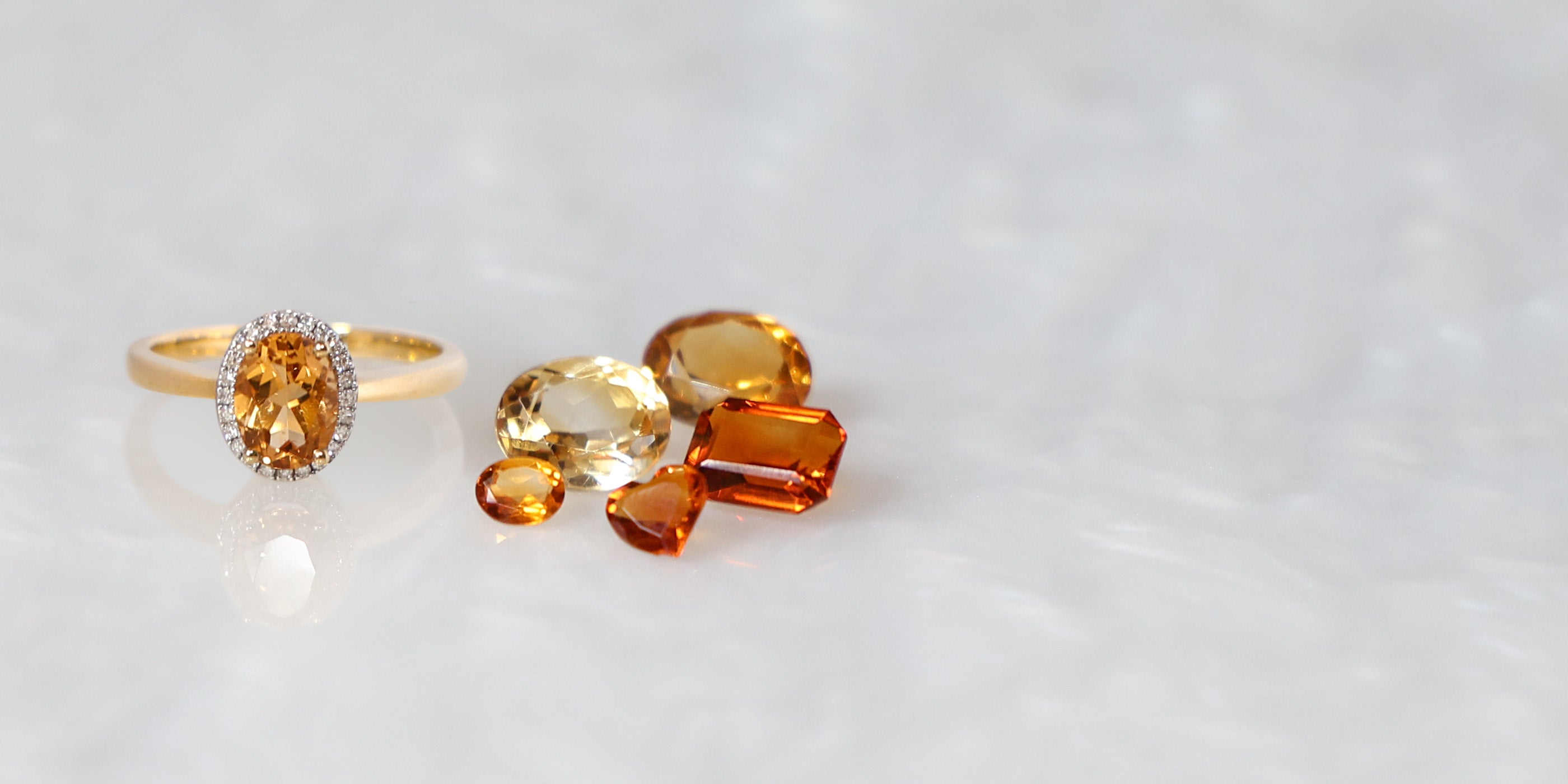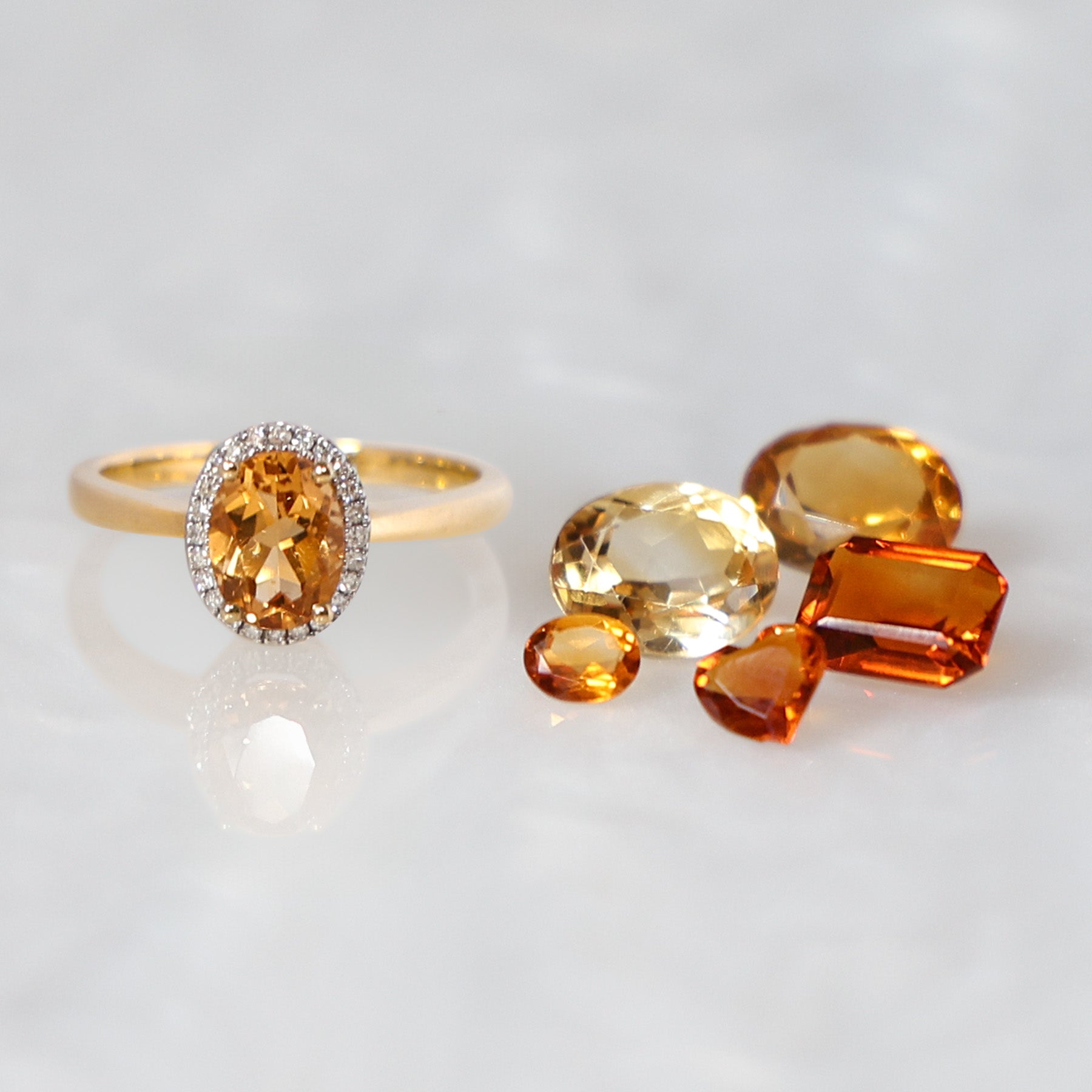Rotary's Chronograph 1977 series expands with the exclusive 'Cooler' edition, a watch that captures the spirit of 1970s motorsport through a striking blend of deep blue, white, and red accents. The design of this model is an homage to iconic racing liveries, making it a visually bold addition to any collection.
This limited edition watch is crafted with a robust 42mm stainless steel case, housing a 3-dial Japanese quartz chronograph complication on a deep blue textured dial. Its vibrant red, blue, and white sub-dials add a playful yet sophisticated touch, with a distinctive red second-hand sub-dial for timekeeping precision. Perfectly balancing functionality with style, the "Cooler" edition is water-resistant up to 50 meters, ensuring reliability for everyday wear. The numbered Rotary case-back ensures that each watch is one of a kind.
Adding to its racing-inspired aesthetic, the watch is paired with a perforated blue leather strap, echoing the look of classic racing gear. Each watch is individually numbered on the case-back, underscoring its exclusivity, with only 200 pieces available exclusively at Rotary stockists.
Embrace a piece of racing history with the Chronograph 1977 ‘Cooler’—a heritage-inspired watch crafted for the modern collector. 2 Year Manufacturer's Warranty + 1 Year Through Rotary Online Registration.
General Watch Care:
Avoid direct contact with: fragrances, lotions, cosmetics, skincare, hairspray, detergents, solvents / other chemicals. Avoid damaging the movement by sudden impact or shock. Vibrations to the movement can be caused when participating in physical activities such as by playing sports (eg: tennis, golf…).
Avoid extreme temperature changes (saunas). For mechanical watches, avoid prolonged exposure to magnetism, as it can cause minor interference or if exposed to stronger sources, it can stop the watch. To prevent scratches, avoid wearing a bracelet on the same wrist.
Water Resistance:
Many watches are labelled as “water resistant”, this means that it is only humidity protected. So, whilst it can withstand accidental splashes (rain/washing your hands), it is not suitable to be submerged in water (shower/swimming). Atmospheres and Bars are used to measure the amount of pressure (not depth!) a watch can withstand. Water Resistance cannot be constantly nor permanently guaranteed. It may be affected by many factors such as aging of the gaskets or deformation of watch parts, due to accidental shock. Over time the water resistance level will drop. Exposure to hot water conditions (such as: baths, showers, saunas), chlorinated swimming pools or salt water will cause corrosion and wear and tear of parts. Therefore depending on your lifestyle, many watch connoisseur's will advice on testing your watch yearly.
Setting The Date:
The internal movement of either a quartz or mechanical watch, requires more power and energy to change the date, than it uses to move the hands. The movement accumulates power, before and after midnight, in order to move the date change mechanism. To avoid causing damage to this mechanism, never adjust the date between 9:00 pm and 3:00 am, as the adjustment period is already set in motion.
Leather:
Leather is a natural material and over time it will naturally biodegrade. However, exposure to certain environments or products, will cause the leather to deteriorate prematurely. Avoid water, as this will cause the cracking and splitting of leather as it dries out. Intense exposure to sunlight and moisture or cosmetics, fragrances, oil-based products or abrasive chemicals - can discolour and stain the leather. Applying a leather conditioner with a soft cloth and air drying the leather, will help restore its oils and keep it soft, supple and shiny. However, depending on the leather, using a conditioner can darken its appearance.
Stainless Steel:
Stainless Steel is hypoallergenic, it is an alloy of iron, chromium, carbon, nickel and titanium. It will not rust, oxidise, corrode or tarnish - if the protective surface layer of chromium, is maintained and not damaged. Hence, it is important to avoid abrasive chemicals (as these can also cause staining) such as: tooth paste, detergents, bleach, chlorine, salt water etc… If it is constantly exposed to environments, whereby these chemicals or elements are prevalent, then it will be prone to develop rust and you will begin to see discolouration and tarnishing. Stainless Steel is easily scratched and dented, so it is important to be mindful of sharp objects when wearing or storing. Clean using warm mild-soapy water, rinse and dry with a soft cloth. Or, gently rub parallel to the direction of the grain, using a microfibre cloth.
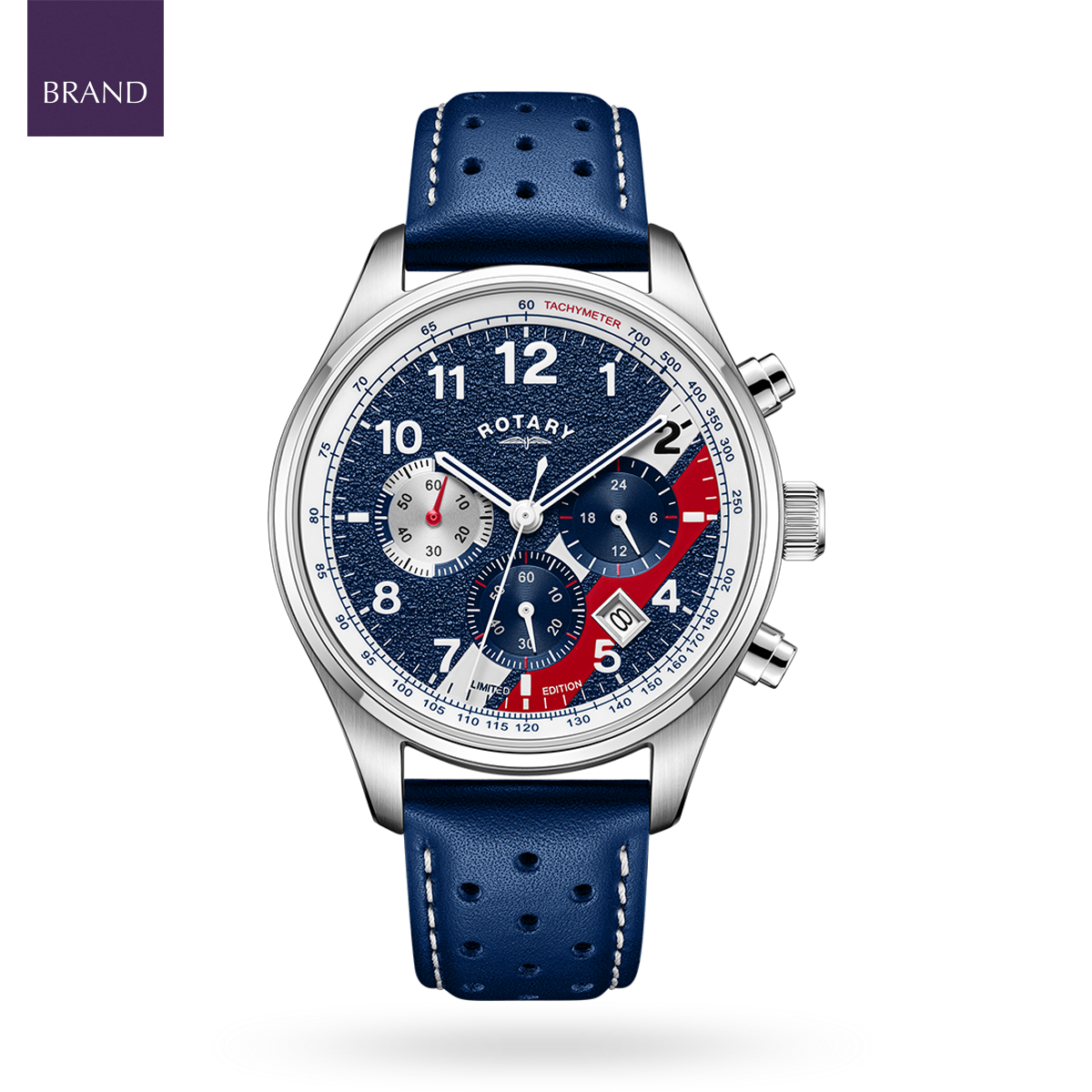
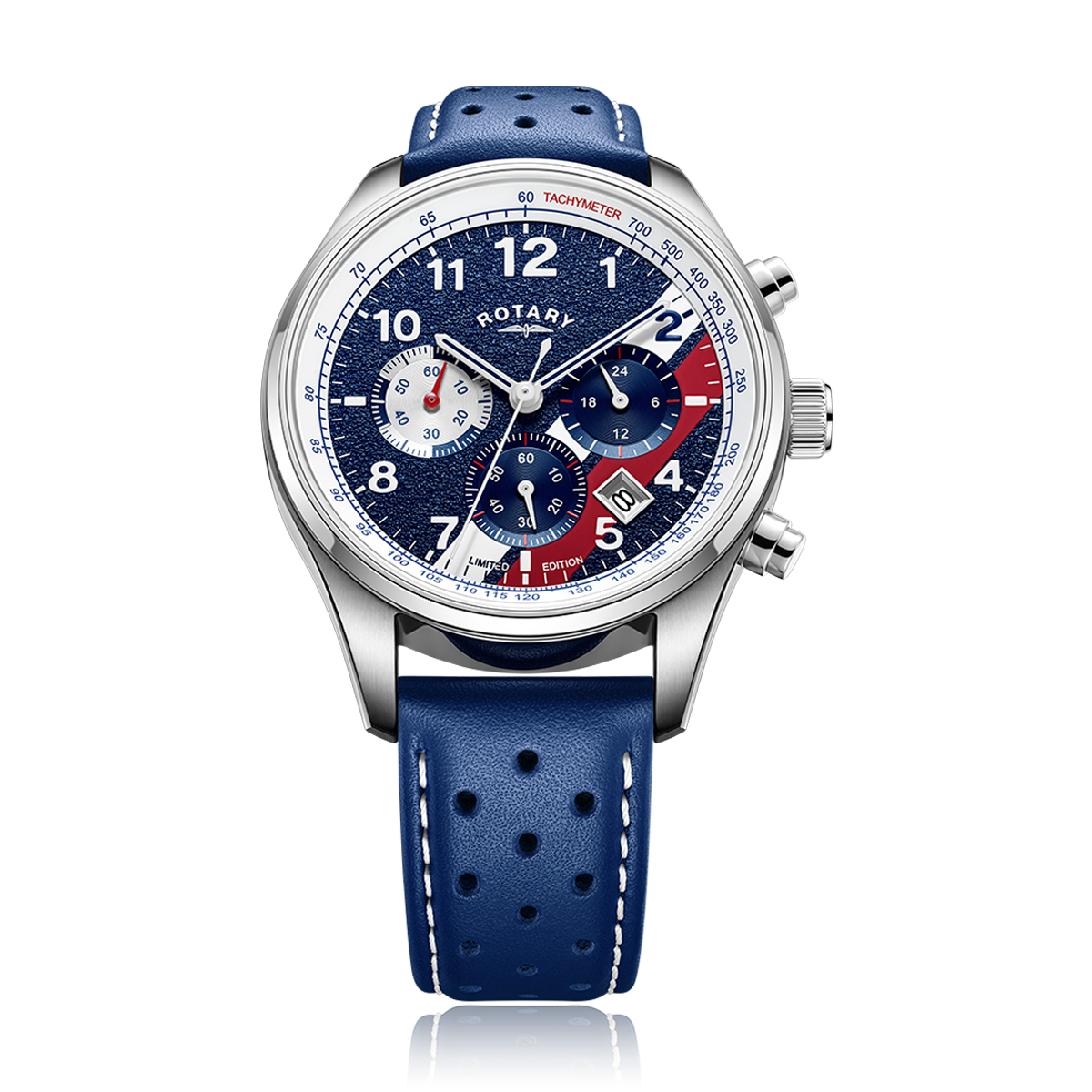




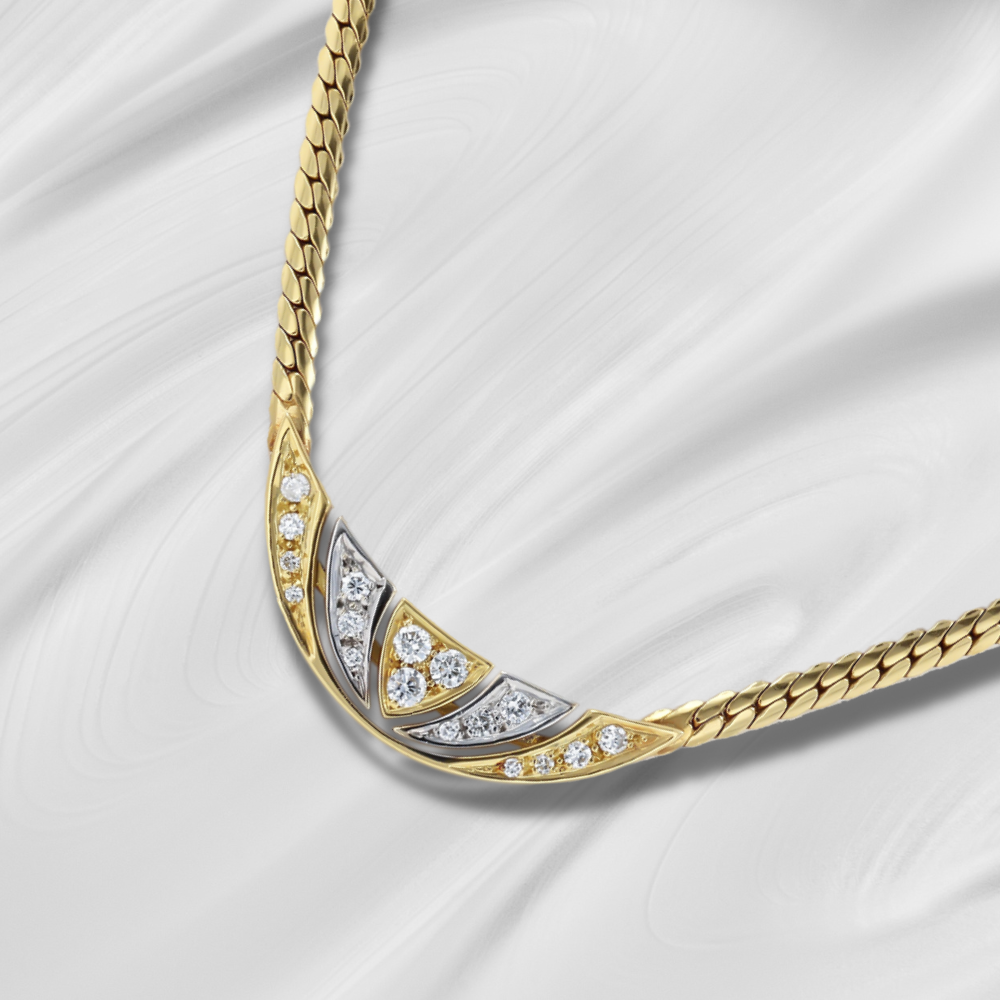
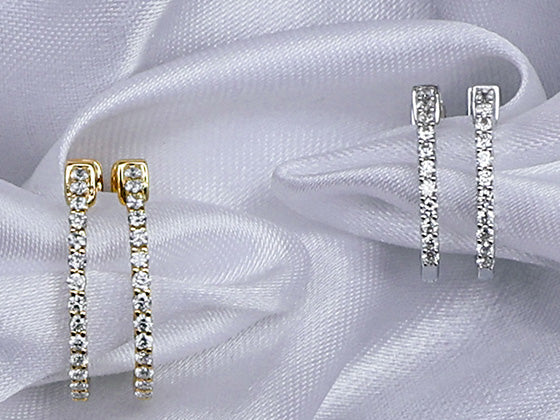
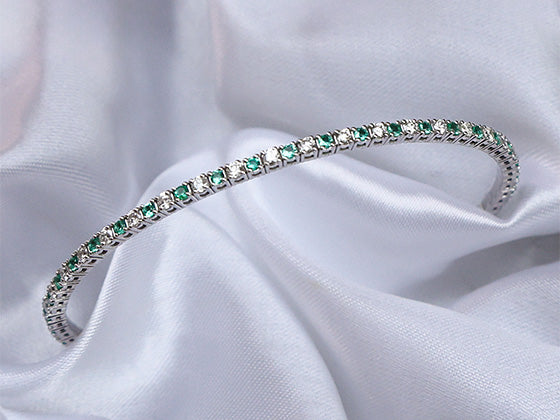

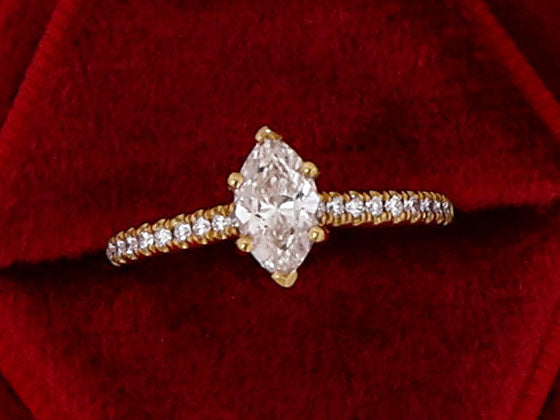
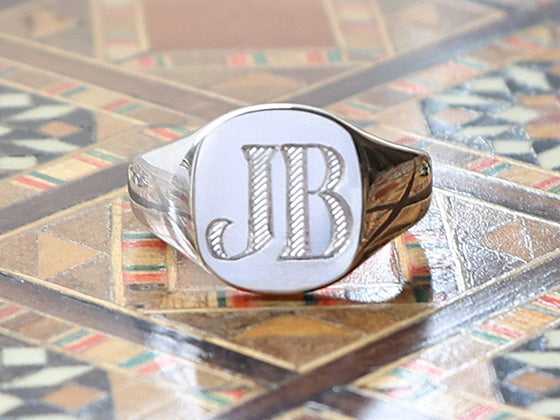
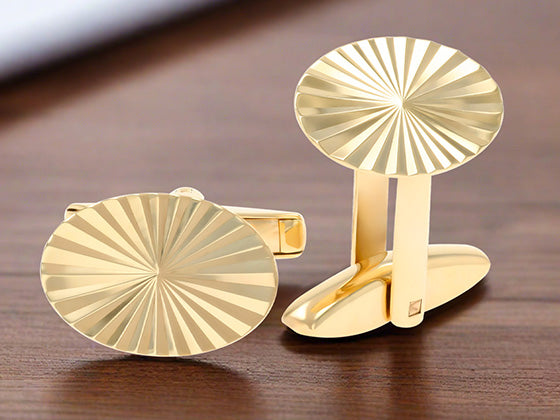
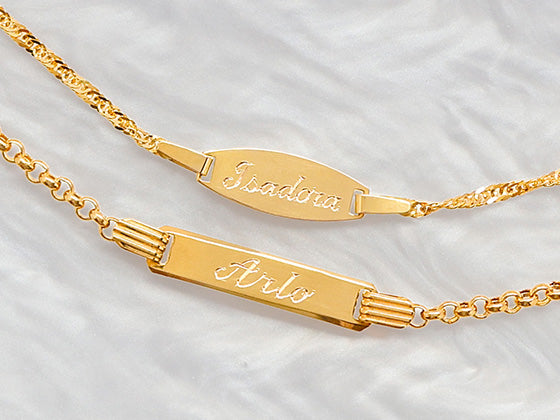
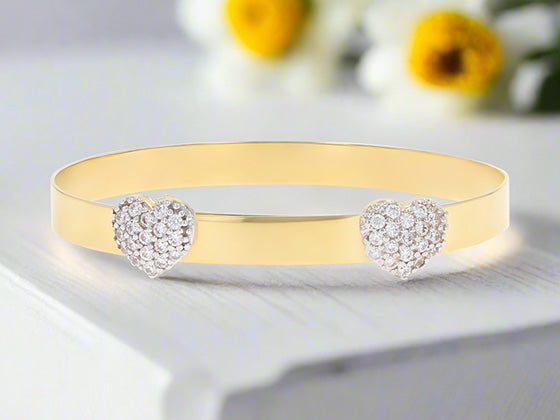
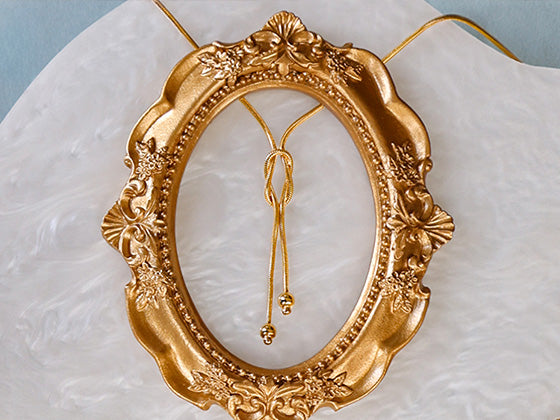
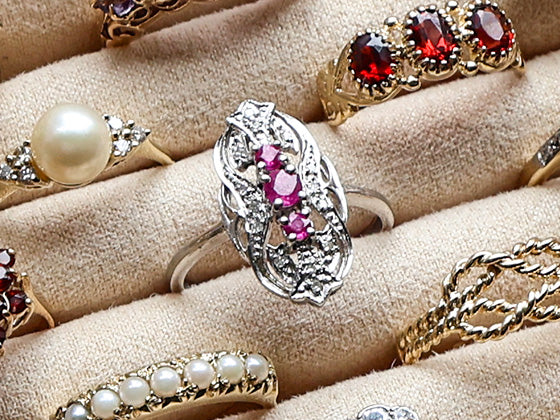
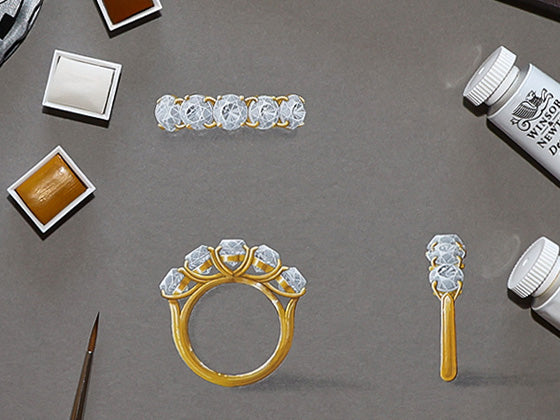
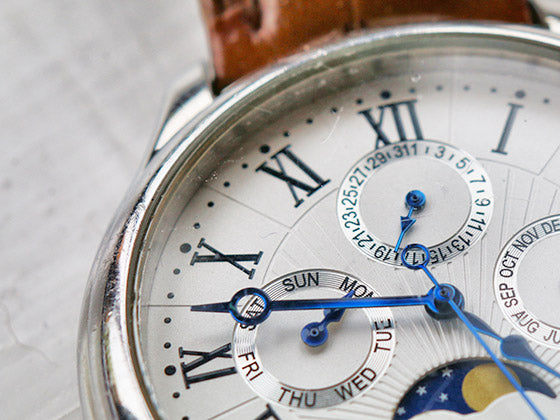
 Contact Us
Contact Us


